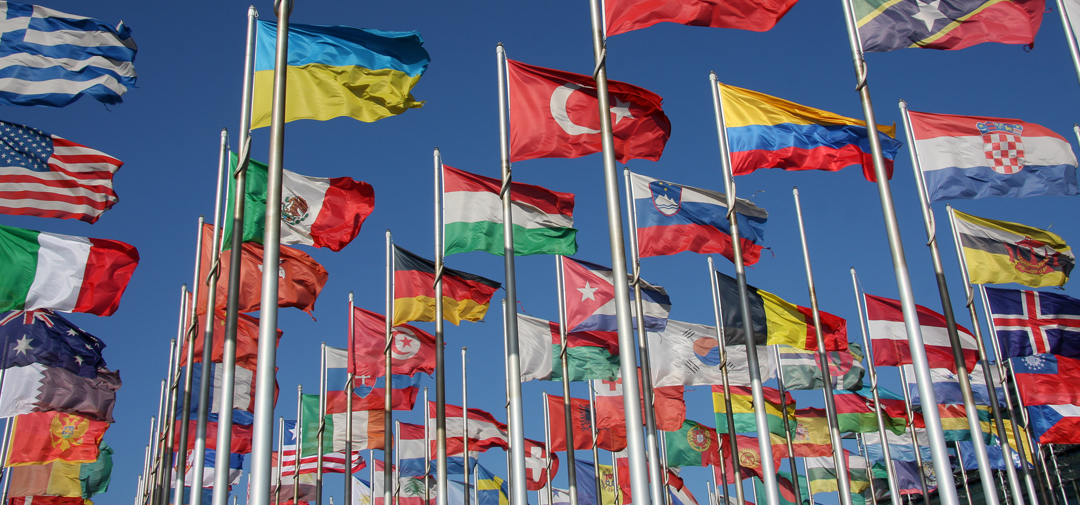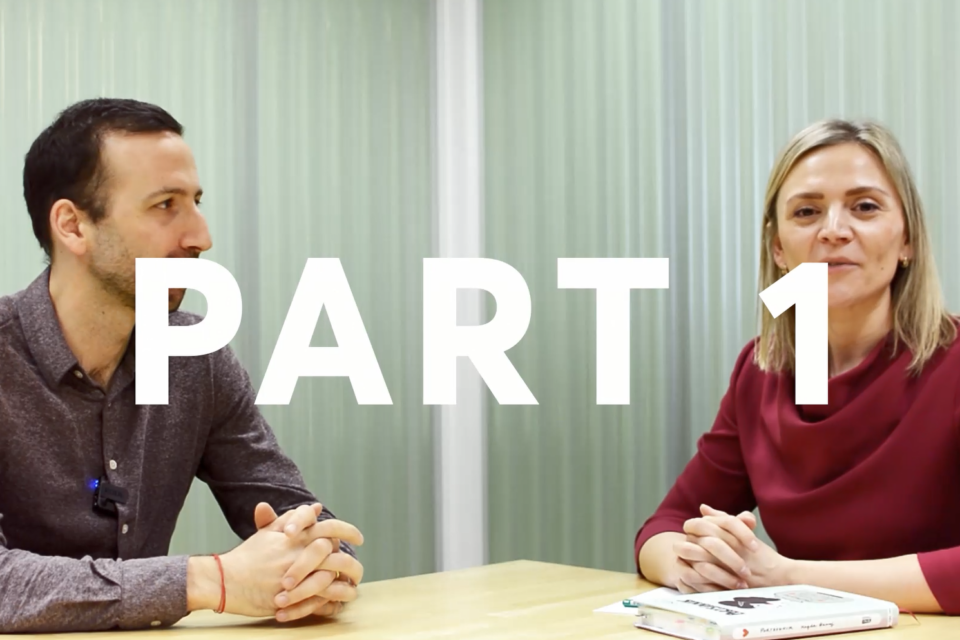Many commentators are already remarking on how 2024 is set to be an unprecedented year in global democracy. With more than 4 billion people across 60 countries going to the polls in the next 12 months, the potential for change is high. The outcomes of these elections will be pivotal in determining the political priorities through to 2030, a key year for both national and regional strategic priorities as well as international agendas on critical issues such as climate change, the economy, and peace and security. There is more than just institutional or political change on the horizon, however, with cycles of political and professional turnover often mirroring each other. With approximately half the global population participating in elections, this colossal democratic exercise is also creating ripples across various sectors, notably in recruitment and hiring cycles.
Amidst this global election wave, the key role of policy influencers becomes apparent. These individuals, whether elected officials, advisors, or advocates, hold the power to shape policies that resonate in the short term and echo through the corridors of power for years to come. Their influence extends beyond political realms, permeating into industries, institutions, and the very fabric of our societal structure. And in such a major election year, the scale of potential change among these influencers and policy-makers is likewise unprecedented. Some policy experts and activists will find themselves entering public office for the first time, bringing new perspectives and leaving behind hard-to-fill gaps in institutional knowledge across the private sector and civil society. At the same time, outgoing policy-makers and political staff will find themselves newly in the dynamic ecosystem of public affairs across local, national, and international levels. In Brussels, for instance, where Mavence has its global HQ, current estimates expect that roughly 60% of MEPs will not be returning for another term following the European Parliament elections in June: this alone presents a significant challenge, requiring relationships to be built from scratch with hundreds of new legislators – to say nothing of the new Commissioners and their teams, or indeed elections across the Member States and beyond Europe.
This can represent both challenge and opportunity for individuals and organisations alike – such political and personal (or personnel) turnover creates recruitment cycles that peak with political transition and serves as a kind of great equalizer when it comes to public affairs. To some extent, networks and constellations of key stakeholders are reset, and there is always foundational work to be (re)done mapping important institutions and assessing campaign platforms that overnight become actionable priorities and roadmaps to legislative action. Even those who remain in the same industry, with long careers in and deep knowledge of a particular sector, will have to reconcile their thinking with a new cohort of peers, counterparts, and policy makers from diverse backgrounds that can introduce new thinking – and new opportunities as well as challenges.
In the midst of this global election wave, individuals and businesses must navigate the tides of change strategically. Keeping an eye on the evolving political landscape is essential for anticipating shifts in policies and regulations. For job seekers, understanding the potential impact of political decisions on various industries can guide career choices. Likewise, businesses must adapt their hiring strategies to align with the evolving priorities set by incoming leaders.
The year 2024 stands as a historic global election year, casting a vast influence on the political, economic, and social fabric of our world. This is why 2024 is also an exceptionally pivotal moment in strategic planning and staffing decisions for leaders looking to influence these policy spheres – be they at the local, national, or global level. The choices made at the ballot box will be reflected in the crucial role of a new generation of both policy makers and policy influencers, and the links between the two. This year will be a time for renewal – of leaders, of insiders, of opportunities, and of connections. To be best positioned at the earliest possible moment, organizations large and small will need to make timely decisions and investments in public affairs and government relations talent.
Jason Descamps is the CEO and Managing Director of the Global Practice at Mavence.


